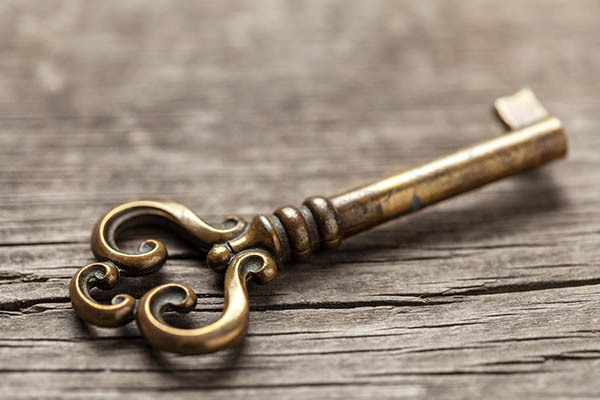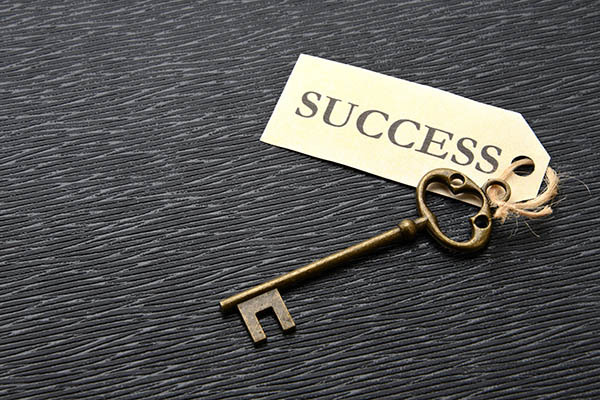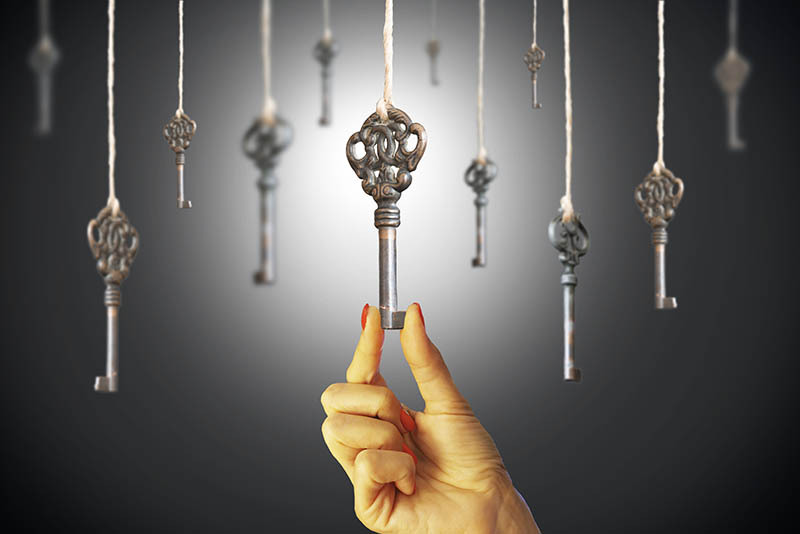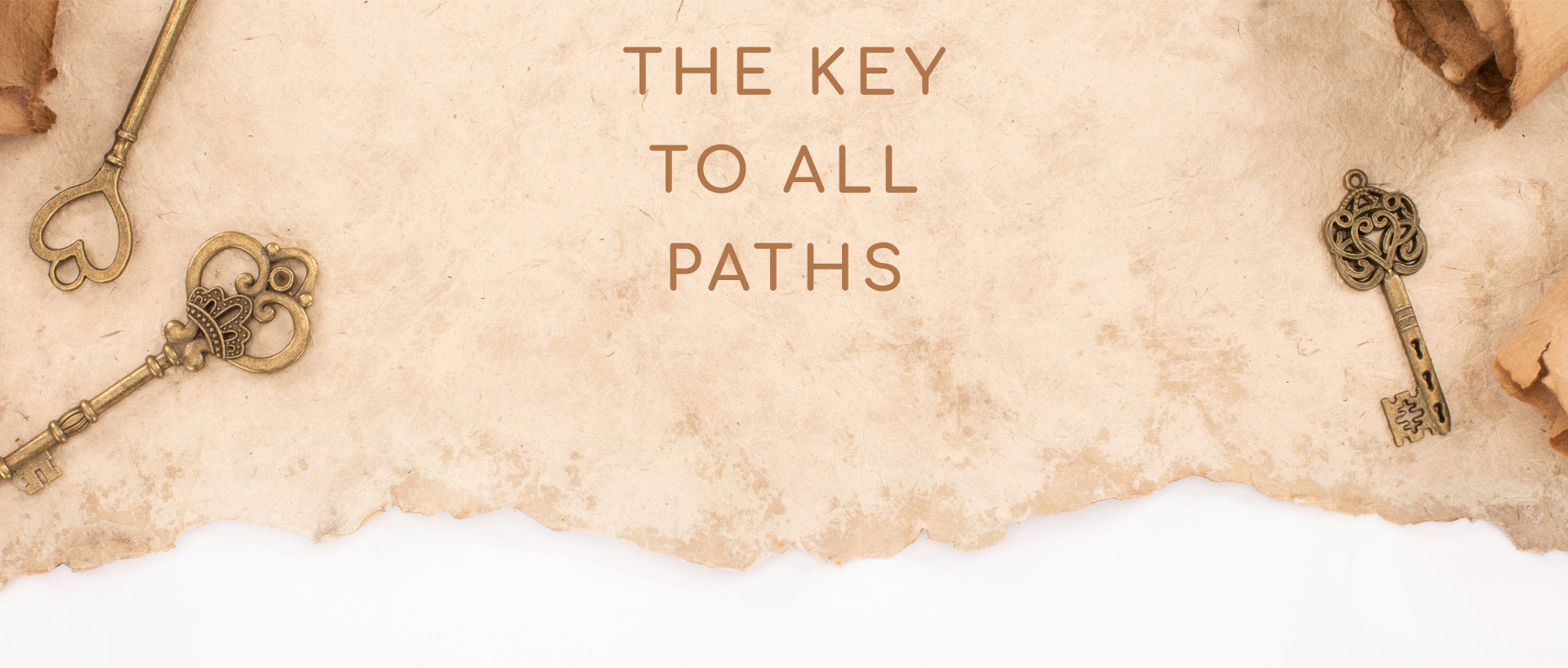Over time, new layers of meaning emerged. In Western Europe, for example, a key worn at the waist became a symbol of marriage—representing a woman’s role as keeper of the home. Today, a key is often given as a romantic gift, a metaphorical “key to the heart.”






